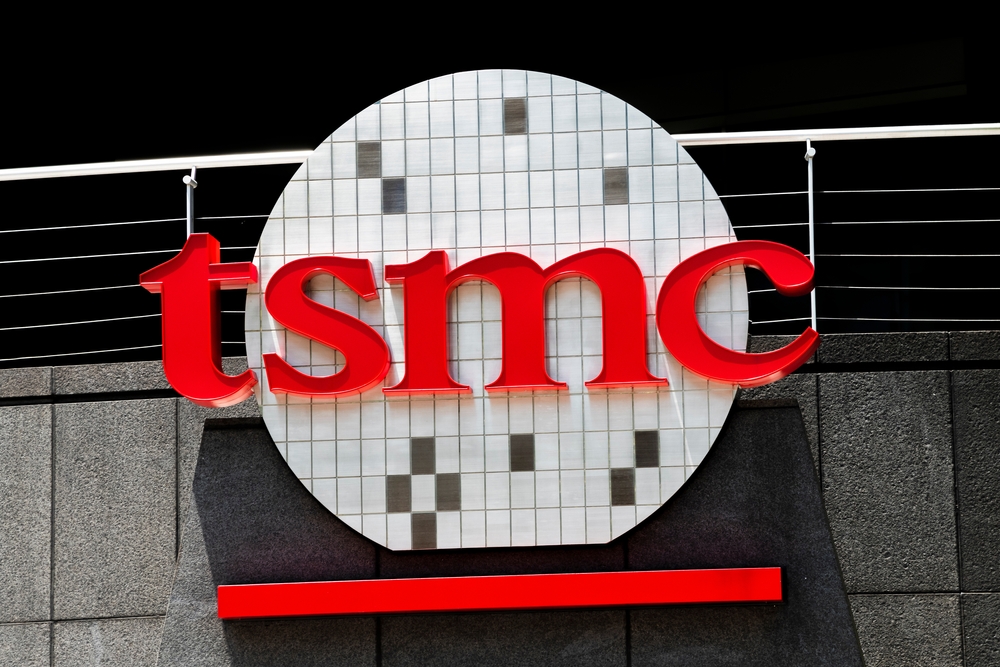
Taiwan Semiconductor Manufacturing Company (TSMC), the world leader in advanced semiconductor production, is set to receive $6.6 billion in grants from the U.S. government under the CHIPS Act. This substantial funding marks a significant step in reshoring semiconductor production to the United States and reducing reliance on foreign supply chains.
The Biden administration has already approved an initial $1 billion payment to TSMC, expected to be disbursed by the end of this year. The grant is part of a broader $65 billion investment in a three-factory semiconductor complex in Arizona. These state-of-the-art facilities aim to bolster U.S. technological self-reliance and create tens of thousands of high-skilled jobs.
President Joe Biden highlighted the critical nature of the agreement, stating:
“Today’s deal with TSMC will catalyze private sector investments while creating cutting-edge manufacturing facilities right here in America. By the end of the decade, we will see a robust semiconductor ecosystem ensuring economic security and innovation.”
Challenges, however, remain. In October, reports emerged about TSMC chips potentially being used by Huawei in violation of U.S. sanctions. TSMC swiftly denied any collaboration and ceased advanced chip production for Chinese clients to demonstrate its alignment with U.S. interests.
Other key players, including Intel and Samsung, are still awaiting CHIPS Act grants. Business groups are urging the government to expedite approvals to ensure seamless implementation before a potential shift in administration.
The CHIPS Act continues to enjoy bipartisan support, underscoring its strategic importance in global technology leadership. For now, TSMC’s progress signals a promising start in strengthening America’s semiconductor capabilities.

 Get in Touch
Get in Touch 


